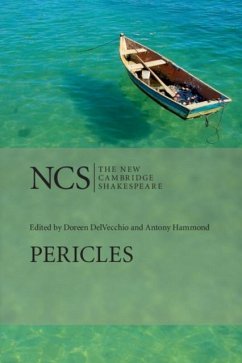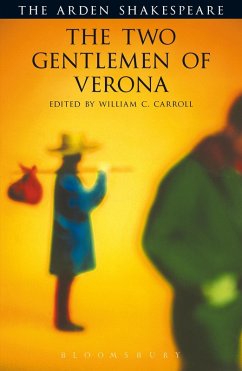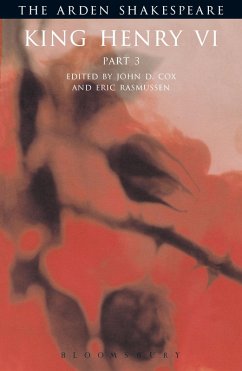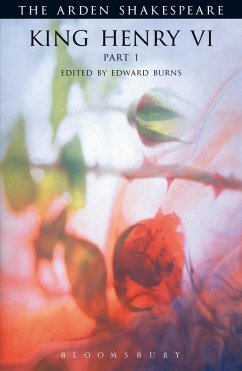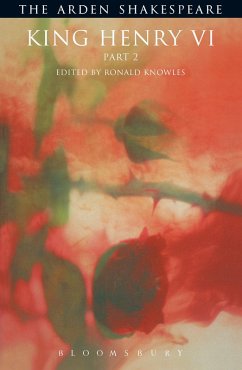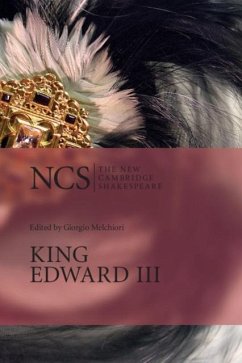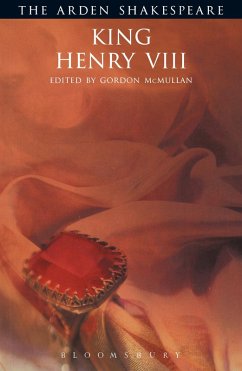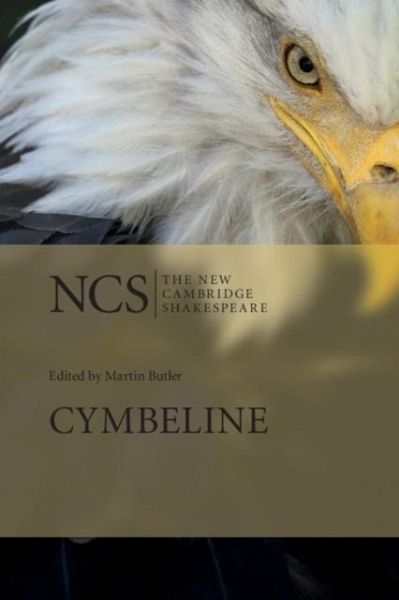
Cymbeline (eBook, PDF)
Versandkostenfrei!
Sofort per Download lieferbar
9,95 €
inkl. MwSt.
Weitere Ausgaben:

PAYBACK Punkte
5 °P sammeln!
The New Cambridge Shakespeare appeals to students worldwide for its up-to-date scholarship and emphasis on performance. The series features line-by-line commentaries and textual notes on the plays and poems. Introductions are regularly refreshed with accounts of new critical, stage and screen interpretations. Edited and introduced by Martin Butler, this first New Cambridge Shakespeare edition of Cymbeline takes full account of the critical and historical scholarship produced in the late twentieth century. It foregrounds the romance, tragicomedy and Jacobean stagecraft that shape the play and o...
The New Cambridge Shakespeare appeals to students worldwide for its up-to-date scholarship and emphasis on performance. The series features line-by-line commentaries and textual notes on the plays and poems. Introductions are regularly refreshed with accounts of new critical, stage and screen interpretations. Edited and introduced by Martin Butler, this first New Cambridge Shakespeare edition of Cymbeline takes full account of the critical and historical scholarship produced in the late twentieth century. It foregrounds the romance, tragicomedy and Jacobean stagecraft that shape the play and offers a refreshingly unsentimental reading of the heroine, Innogen. Butler pays greater attention than his predecessors to the politics of 1610, especially to questions of British union and nationhood. He also offers a lively account of Cymbeline's stage history from 1610 to the present day. The text has been edited from the 1623 Folio and features a detailed commentary on its linguistic and historical features.
Dieser Download kann aus rechtlichen Gründen nur mit Rechnungsadresse in A, B, BG, CY, CZ, D, DK, EW, E, FIN, F, GR, HR, H, IRL, I, LT, L, LR, M, NL, PL, P, R, S, SLO, SK ausgeliefert werden.





